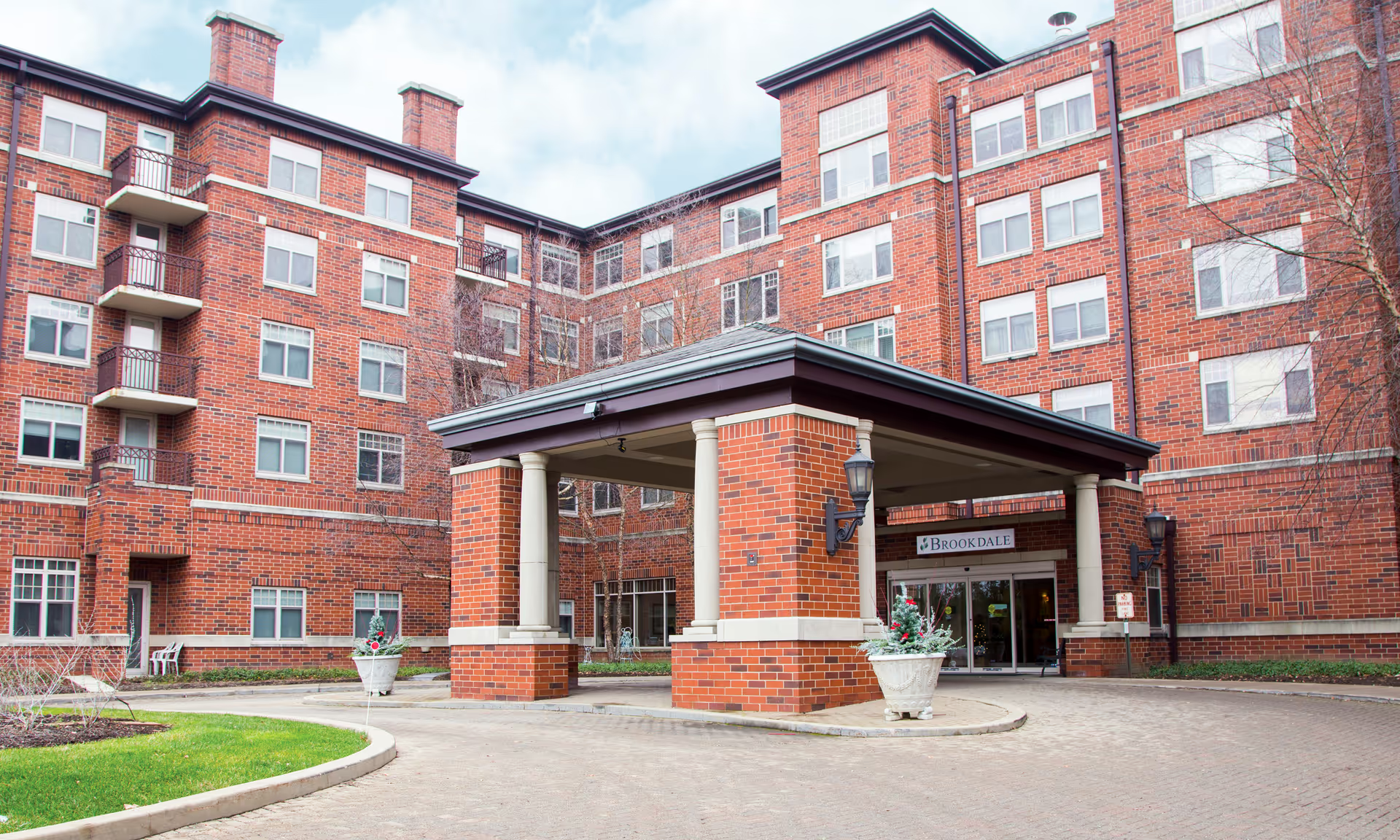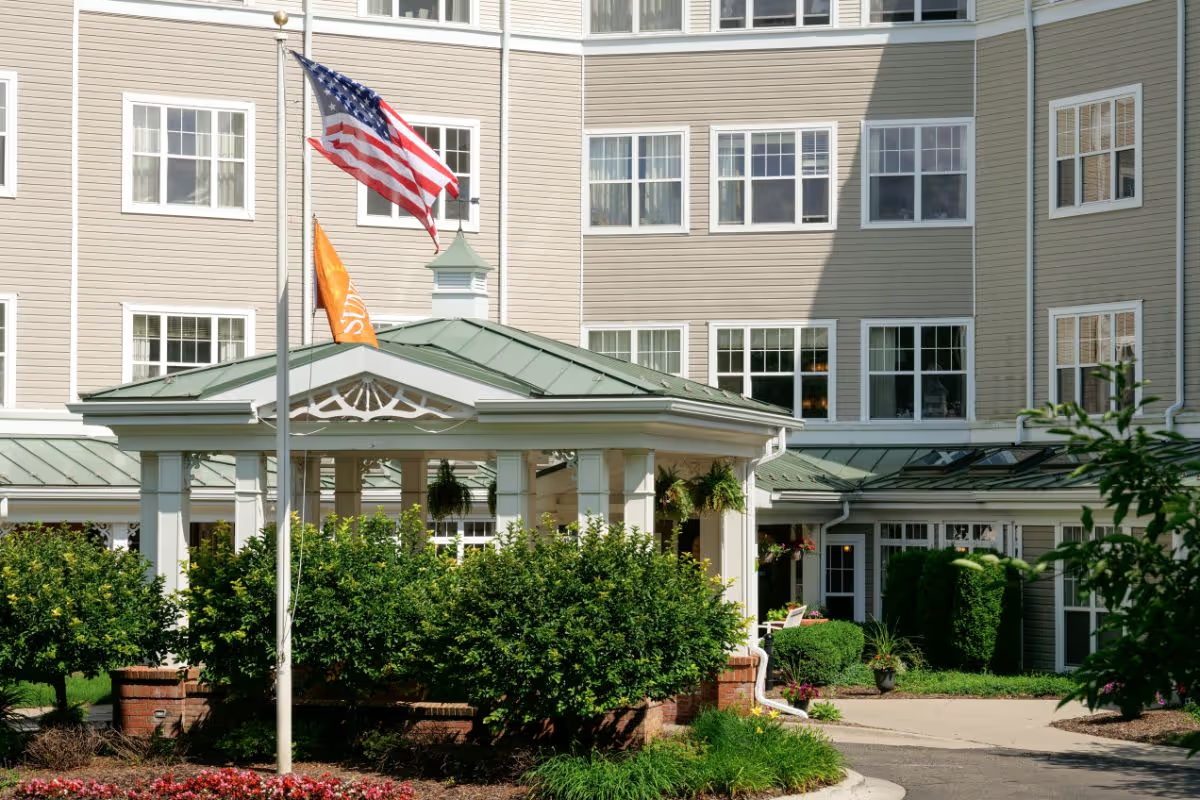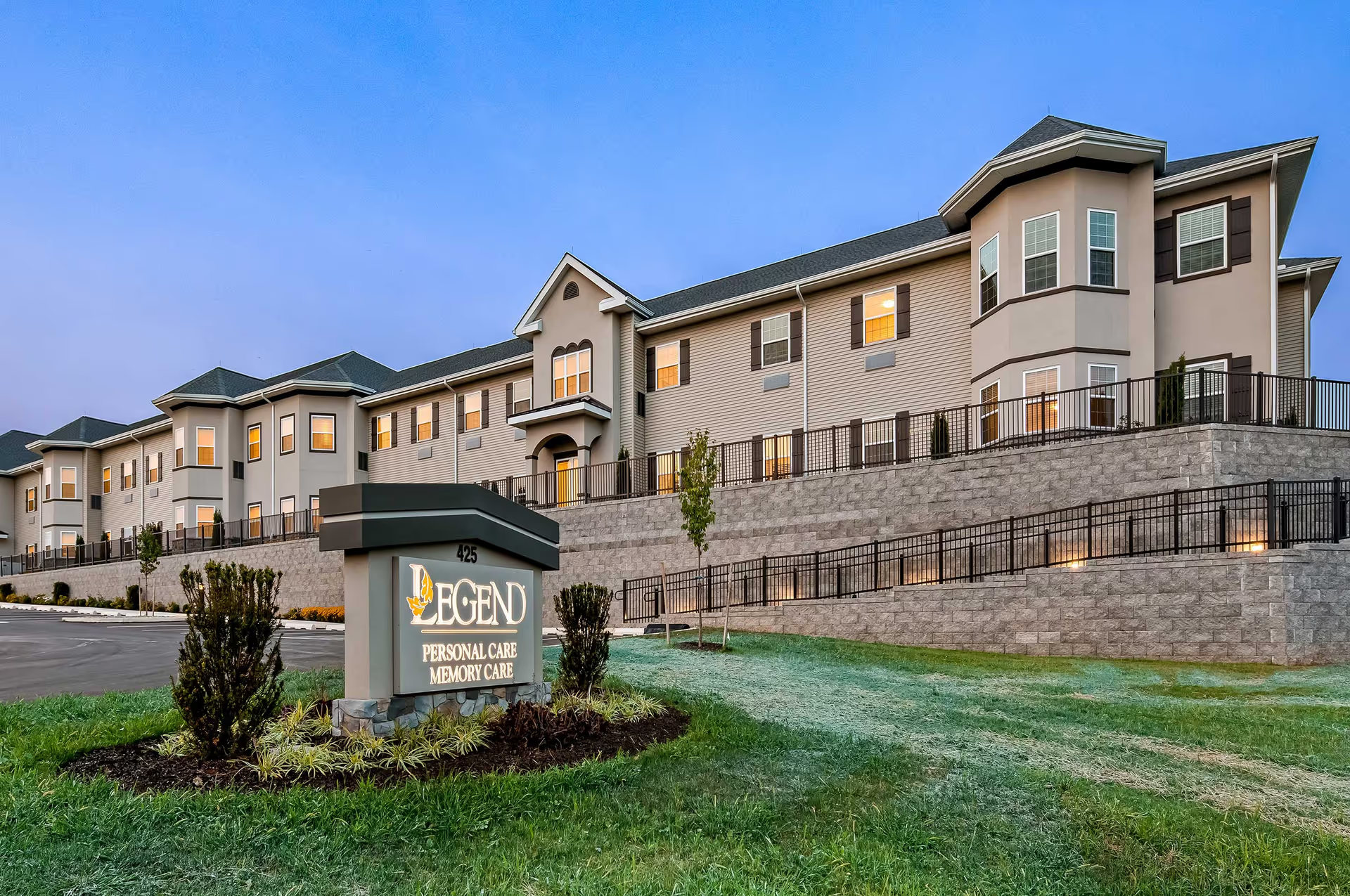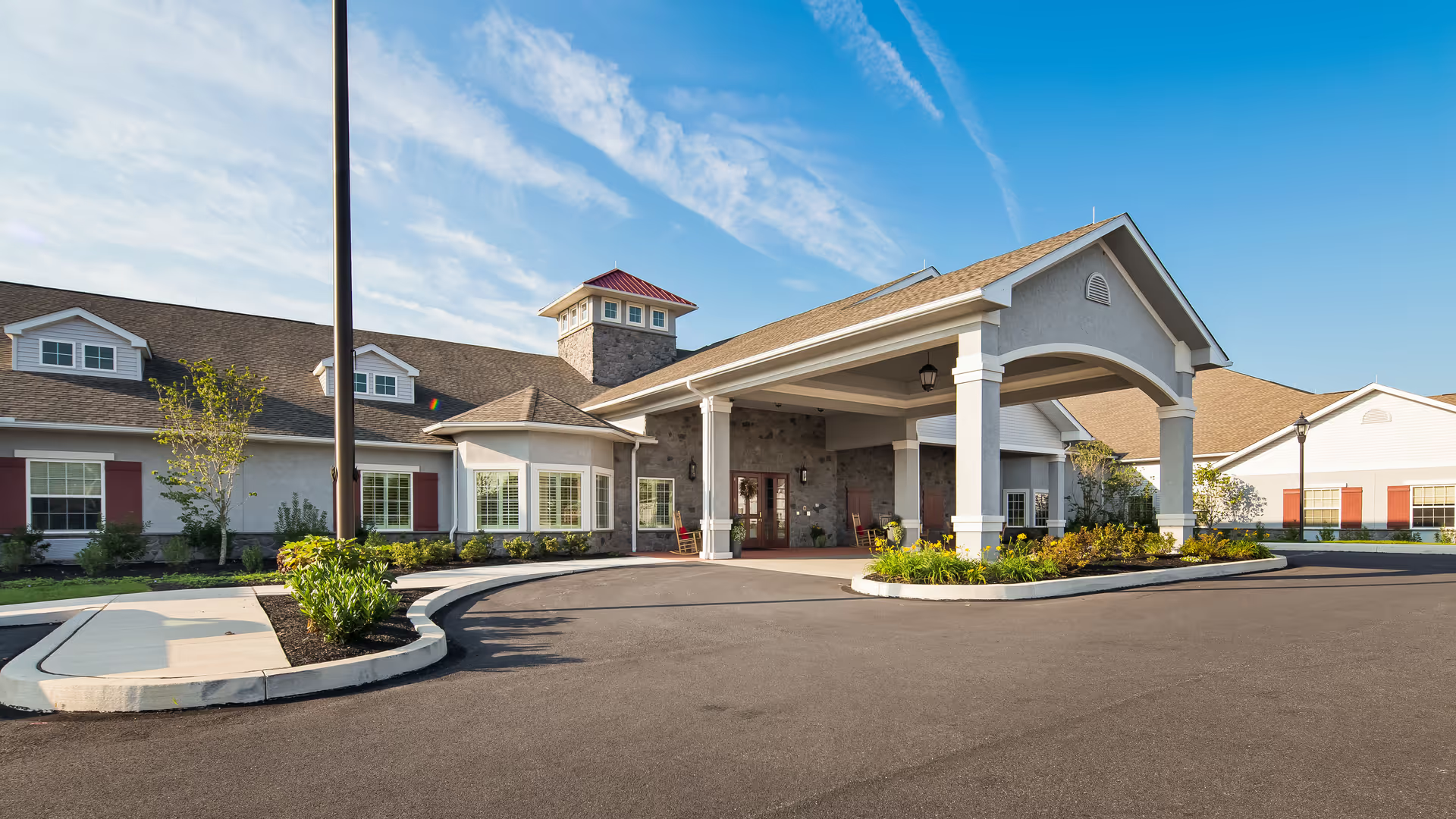Overall sentiment across the collected reviews for Geneva Shores Skilled Nursing & Rehabilitation is mixed but leans positive: the majority of summaries praise the staff, the small, family-like culture, and the quality of clinical care (particularly rehabilitation services). Several reviewers highlight a collaborative team that is caring, compassionate, genuine, and willing to go "above and beyond," and families report satisfaction with both short-term rehabilitation and long-term care. Multiple comments note friendly, involved management and an environment where residents often appear happy, which supports a generally favorable impression of day-to-day life for many residents.
Staff and care quality are the most frequently praised aspects. Repeated themes include passionate and collaborative employees, quality therapy and patient care, and staff who take time to help residents. The presence of yearly raises is mentioned and may indicate investment in staff retention and morale, which reviewers associate with continuity and quality of care. Several reviews explicitly recommend Geneva Shores, and family members express satisfaction with outcomes and the level of attention their loved ones receive.
That said, there is a contrasting and serious negative report that cannot be ignored. One reviewer described the facility as "horrible," alleging filthy conditions, neglectful care, failure to change bed linens, a stripped mattress, and an overall unsafe environment. This single but severe account introduces a notable inconsistency: while many reviewers affirm cleanliness and compassionate care, at least one alleges significant lapses in hygiene and basic care practices. Because such concerns directly affect resident safety and infection control, they represent a high-priority issue that should be investigated further by prospective residents or family members.
Facility characteristics and operations present mixed signals. The small 42-bed size is repeatedly mentioned as creating a family-like atmosphere—which many reviewers view as a pro for personalized attention—but small size can also mean limited resources or capacity in some contexts (not stated explicitly in reviews). Management is generally described positively: approachable, helpful, and supportive of staff. The mention of a buzzer/controlled entry appears in a negative review and was framed there as contributing to an "unsafe" feeling; it may reflect a security protocol that some visitors find off-putting rather than an objective safety failure. Reviewers do not provide consistent detail about staffing levels, shift coverage, or specific operational practices, so it's unclear whether the negative report reflects an isolated incident, a lapse in standards, or a broader pattern.
Several important areas are underreported in these summaries. Dining, activities, social programming, and clinical outcome metrics (e.g., rehospitalization rates, infection rates) are not described in these reviews, leaving gaps in evaluating quality of life and clinical performance comprehensively. Given the polarized reports on cleanliness and care, prospective residents and families should request objective documentation and ask targeted questions: recent inspection or survey results, infection-control policies, linen and bathing schedules, staffing ratios, staff turnover rates, and references from current families. An in-person tour focused on sanitation, room condition, staff-resident interactions, and review of posted inspection reports would help reconcile the predominantly positive anecdotes with the isolated but serious negative allegations.
In summary, Geneva Shores is described by many reviewers as a small, family-oriented skilled nursing facility with compassionate, collaborative staff and quality rehabilitation and long-term care; management is generally viewed as friendly and supportive. However, the presence of at least one very negative review alleging filth and neglect introduces an important inconsistency. The dominant impression is positive, but the severity of the negative claims warrants follow-up. Prospective residents or decision-makers should verify cleanliness and safety practices, review inspection histories, and speak with current family members or staff to confirm whether the negative report reflects an isolated problem or a systemic issue.







